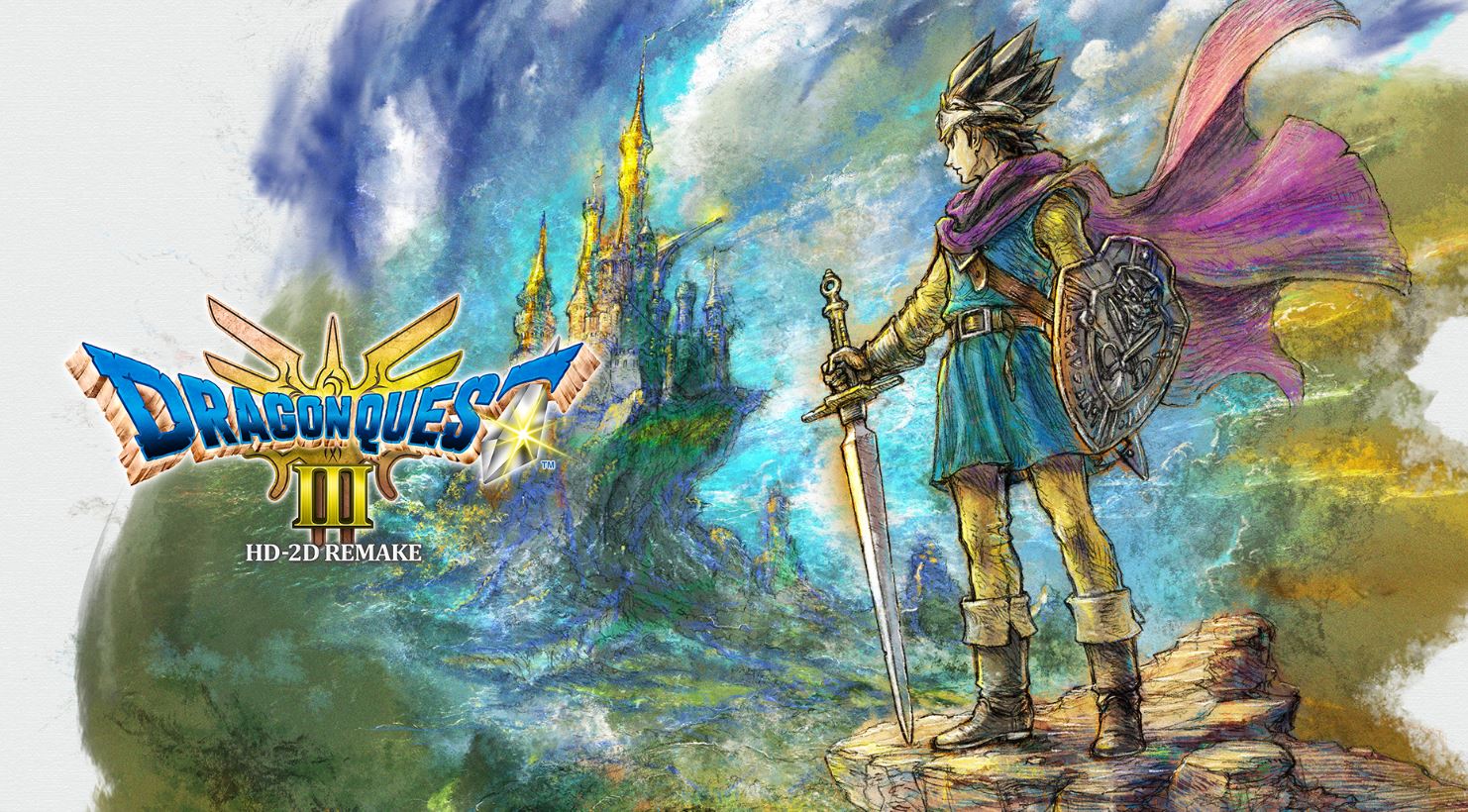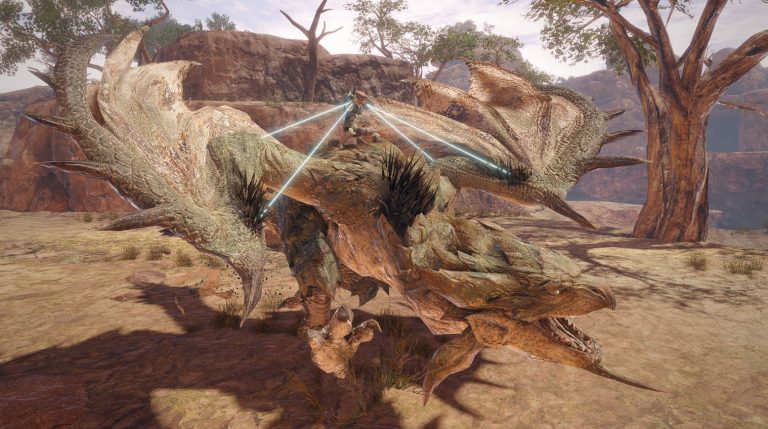Update (October 5, 2024 14:30 JST): Edited headline for accuracy
The official X account of “KosoKoso Hōsō Kyoku,” the radio show hosted by Dragon Quest creator Yuji Horii and former Shonen Jump editor Kazuhiko Torishima, published a statement on October 3 addressing the controversy surrounding a recently aired talk show. According to the statement, comments made by participants were mistranslated and sensationalized by overseas media and social media users such as Elon Musk.
The program in question is the creator’s talk show hosted during Tokyo Game Show 2024 and uploaded to YouTube earlier this week. The 90-minute-long discussion (now unpublished) was originally available only in Japanese, but a two-minute excerpt from it was uploaded to X with English subtitles provided by a third party.
The post, containing Horii and Torishima’s comments regarding changes made to Dragon Quest 3’s remake, quickly gained traction and was picked up by the media. As KosoKoso Hōsō Kyoku later reported, even Elon Musk reposted the video. The post Musk shared to his followers included the headline “Japanese Game Developers are frustrated at the forced ridiculous UN driven Globalist agenda compliance they have to include in their game.”
In response to the resulting uproar, KosoKoso Hōsō Kyoku shared the following: “On the afternoon of September 30 (Japan time), Mr. Musk reposted a video with English subtitles (mistranslated) of a program in which some of our members appeared. The following is a statement and request from the [talk show’s] participants regarding the reposted video and related media reports.”
The attached statement gives specific examples of mistranslations, such as “puritan” being translated as “sex education” and alleges that “parts of the comments made by the speakers have been deliberately cut out of context and quoted as if the speaker was expressing a negative opinion against a certain ideology or belief, and have been spread in a way that is far removed from the true meaning of the comments and the original content and message of the video in question.”
In the statement, KosoKoso Hōsō Kyoku asks social media users and media to refrain from “arbitrarily extracting parts of comments and quoting them as comments that are in line with your own opinion for the purpose of reinforcing the legitimacy of your own opinion.”





